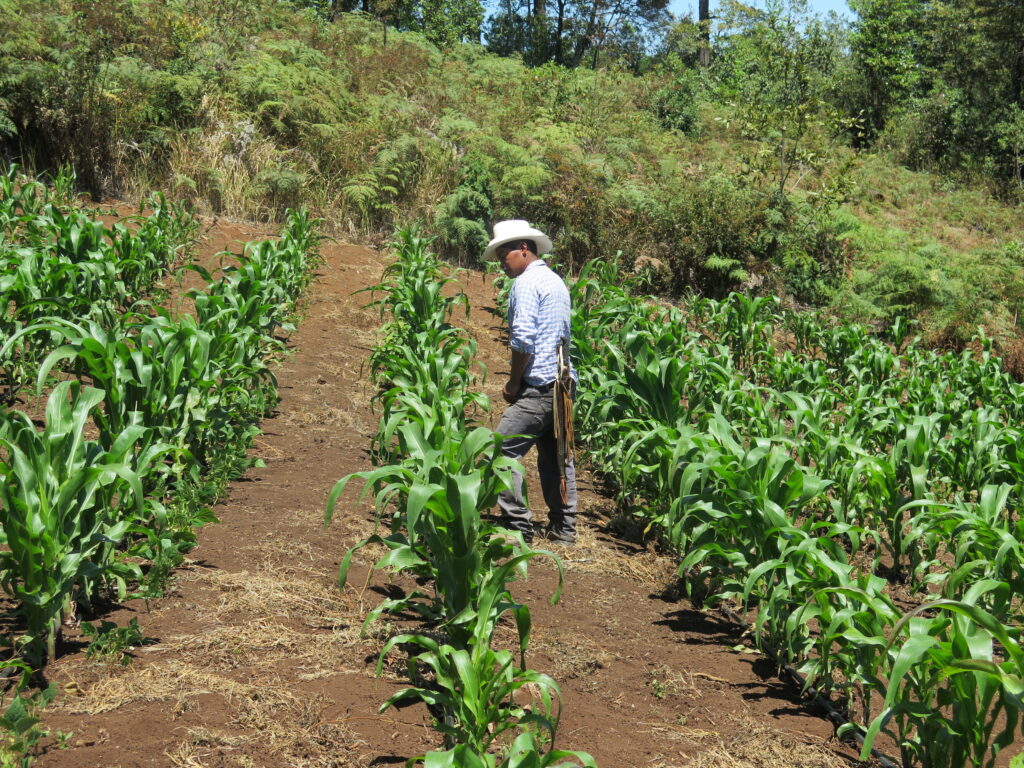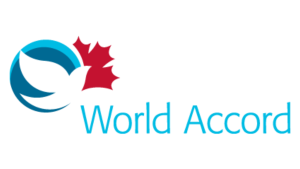Association of Local Agricultural Technology Transfer Committees of Lake Yojoa (ASOCIALAYO) – Honduras
Association of Local Agriculture Technology Transfer Committees of Lake Yojoa (ASOCIALAYO)
ASOCIALAYO is a dynamic community-based organization that is transforming rural communities in a sustainable way. They work hand-in-hand with smallholder families, promoting holistic development through the implementation of appropriate technologies and sustainable agriculture practices. By leveraging community-based organizational structures, ASOCIALAYO is empowering communities to take charge of their own development. Through the Local Agricultural Research Committee (CIAL), they are developing projects related to local seeds and their management, ensuring that crops are tolerant to pests and diseases and that the seeds are superior to “conventional” ones. This means that smallholder producers are able to produce high-quality crops that are both healthy and sustainable, improving their livelihoods and contributing to food security in the region. ASOCIALAYO’s commitment to gender equality is also remarkable. They have established a gender equality strategy that promotes the participation of both men and women without discrimination of creed, race, age, or gender. This inclusive approach is critical to the success of their work and ensures that everyone in the community has a voice and a role to play in building a better future.
Honduras
Honduras is a country rich in natural resources, biodiversity, and cultural heritage. With more than half of its population under the age of 19, it is also a young country. Honduras is the 3rd poorest country in the Western Hemisphere. For instance, 72% of Hondurans can’t afford the basic food basket to meet their dietary needs. The main sources of income for the country are remittances from Hondurans living overseas, agriculture, and garment manufacturing (3rd largest sector in the world).
All these sectors were hurt by the recent economic downturn. Almost a 1/3 of all Hondurans are unemployed, forcing many people to migrate to find work and opportunities. Honduras sits in one of the regions of the world most vulnerable to climate change; this threatens its future ability to meet its food needs.
The best land is used to grow export crops like bananas and palm oil, and provides little net benefit to the broader population. Poor growing conditions and the increased cost of seeds and fertilizers have made it harder for these families to meet their basic needs.
PRR works with a rural family that earns an income of approximately $4 to $5 per day.
World Accord’s partner, PRR works primarily with farming families in the mountain region around Lake Yojoa, a region of critical ecological value in the center of Honduras. Most of these families practice subsistence agriculture – using traditional methods to grow corn and beans. Lack of access to land remains a major barrier to moving out of poverty for them like for most rural Hondurans.

Support the Program
Honduras
